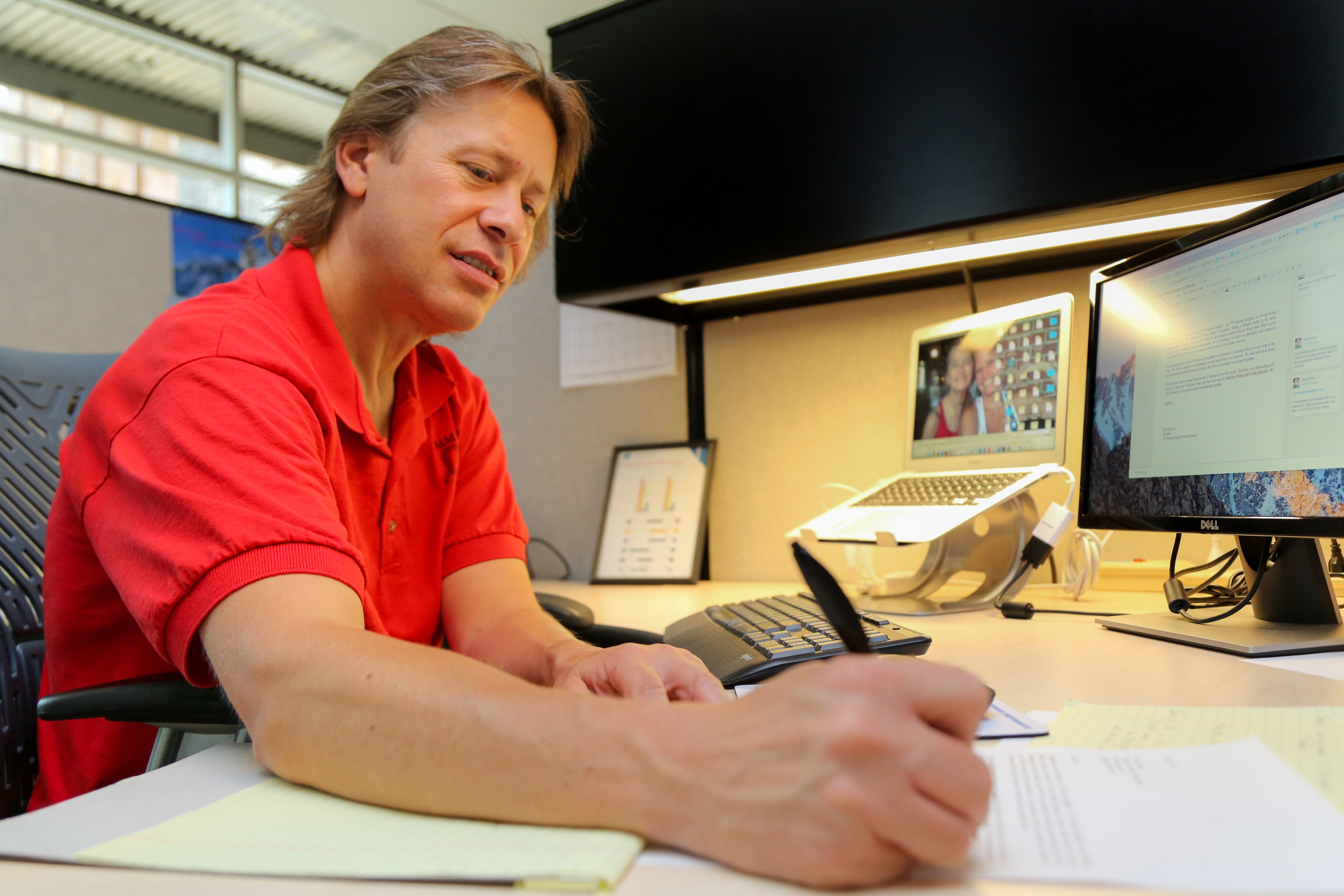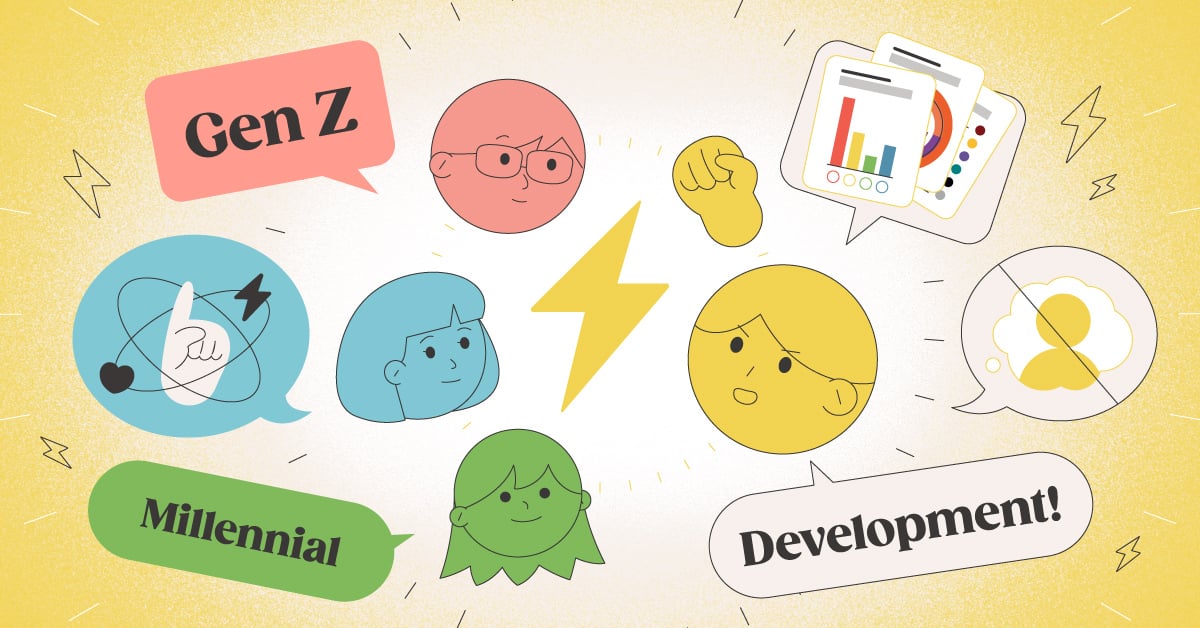
Think about previous jobs you’ve had. For one reason or another, you decided that a particular job was not for you and you moved on. Now that you’ve had time to think back and reflect, why, exactly, did you leave that company? Was it money related? Did your core values not align with the company’s values? Or, did your relationship with your manager simply run its course? So many times, workers don’t quit organizations, they quit their boss.
Purpose and relationships
Former Pearson COO and leadership expert Ziggy Liaquat believes two things need to happen for workers to remain happy and stay with an organization. They need to connect their personal purpose to the purpose of the organization and workers need to be inspired by the management to really succeed and to stay. In other words, there needs to be a people-connection.
Liaquat’s hypothesis states, “If, as a leader, you can connect your purpose in the world to your purpose at work, then your passion for what you do will course through your veins. You will inspire and motivate people with ease and you will make tough decisions with courage. Why? Because you are being authentic and true to your purpose.
So it’s something of a two-way street. Workers need to be inspired by management and management needs to be authentic and true to their purpose. What happens when one of these things do not align?
Who you work with matters
Eric Reed of thestreet.com received some sage advice during his school years. “Pick the people you want to work with, not the position. How much you like your coworkers will determine 90% of your happiness at the office.” Reed’s article went on to state that according to Accenture, research showed that of the top four reasons people gave for leaving a firm, all four had to do with management and the personnel environment. The four reasons were: they don’t like their boss (31%), a lack of empowerment (31%), internal politics (35%) and lack of recognition (43%).
This ties back to a study conducted by Harris Interactive that states 74% of people today would consider finding a new job, with 32% of those actively looking. In a supposedly stable job market, that’s a lot of potential movement. And so much of that movement could be avoided if the worker/boss relationship was given a little more attention.
What can be done?
When it comes to aligning a person’s purpose with the company’s, that’s something that should be well researched and established during the interview process and, at worst, cemented by the end of the onboarding process. If it’s apparent that the two are not a fit, moving forward is not beneficial for either party.
When it comes to the boss/worker dynamic, the responsibility lies on both sides of the desk. However, the human element should always reign supreme above the work details. Not every project will make the deadline, go as planned or be of the utmost quality originally envisioned. The key is to learn from mistakes and move forward a little smarter from the experience, but always preserving the two-way relationship.
It’s easy to be a great manager, or employee, when things are going good. When stress hits and the work seems insurmountable, that’s when the true test of a leader’s ability to keep people-first will be tested.
While some projects will succeed and others will fail, a manager will thrive when he or she treats workers as human beings first and, as employees, second. Learning from mistakes is easy, but it’s not nearly as easy to recover from a personal condemnation when something goes awry. Treating people with respect at all times is paramount for leaders to retain the interest and dedication of those who report to them.
Conclusion
Does your manager understand and respect what is truly important to you? Do you connect on a human level? Is your manager someone you would willingly have a beer with after work? If you answered yes to these questions, you’re probably working for someone that understands and embraces the human element of the boss/worker relationship. If you answered no, it might be time to dust off that resume.




